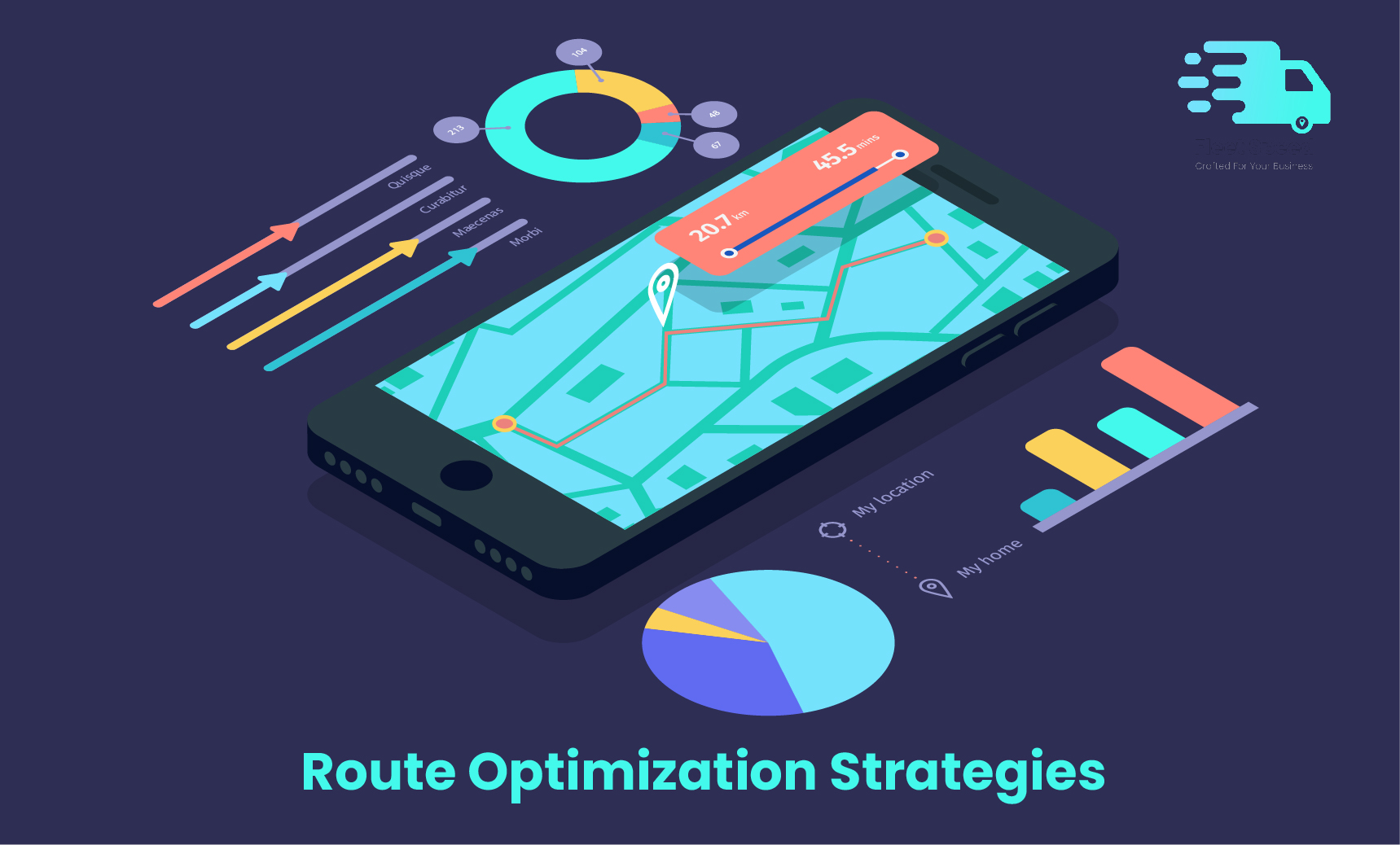
Route Optimization Strategies: How to Minimize Fuel Consumption and Boost Efficiency
In the world of logistics, route optimization is a game-changer. It can significantly impact fuel consumption, delivery times, and overall efficiency, leading to cost savings and improved customer satisfaction. In this blog post, we'll explore essential tips and best practices for optimizing routes, reducing fuel consumption, and boosting efficiency in your logistics operations.
The Importance of Optimizing Routes
Efficient route planning is essential for various reasons. It helps:
Utilize Route Planning Software: Invest in route planning software that uses real-time traffic data and considers various factors like delivery windows, vehicle capacities, and road conditions. These tools can quickly generate efficient routes, saving time and fuel.
Consider Vehicle Specifications: Match the route to the vehicle. Larger vehicles may not be necessary for smaller deliveries. Choose the appropriate vehicle based on load size to avoid wasting fuel and space.
Implement a Priority System: Prioritize deliveries based on factors like delivery windows and customer demand. This helps ensure that time-sensitive deliveries are made promptly, reducing the need for costly rush deliveries or late fees.
Reduce Idle Time: Encourage drivers to minimize idle time. Engine idling consumes fuel unnecessarily. Modern telematics systems can help monitor and reduce idle time through real-time tracking.
Monitor and Analyze Data Continuously monitor and analyze route and fuel consumption data to identify areas for improvement. This can help refine your optimization strategy over time.
Combine Similar Routes: If multiple deliveries are going to nearby locations, consider consolidating them into a single route. This not only saves fuel but also reduces vehicle wear and tear.
Regular Vehicle Maintenance: Ensure that your vehicles are well-maintained. Proper maintenance keeps them operating at peak efficiency, which is crucial for minimizing fuel consumption.
Benefits of Route Optimization
Fuel Savings One of the most significant benefits of optimizing routes is reducing fuel consumption. This leads to substantial cost savings, especially for fleets with a large number of vehicles.
Efficiency: Optimized routes improve the overall efficiency of your logistics operations, allowing you to complete more deliveries with the same resources.
Customer Satisfaction: Faster and on-time deliveries contribute to improved customer satisfaction, which can lead to repeat business and positive word-of-mouth.
Environmental Impact: Reducing fuel consumption also means a lower carbon footprint, aligning with sustainability goals and corporate social responsibility.
In conclusion, optimizing routes is a critical aspect of efficient logistics operations. It helps minimize fuel consumption, improve delivery times, and enhance overall efficiency. By implementing the tips and best practices mentioned above and utilizing route planning software, you can achieve these benefits while reducing operating costs and contributing to a greener, more sustainable future. The art of route optimization is a key element in staying competitive and providing top-notch service in the modern logistics landscape.